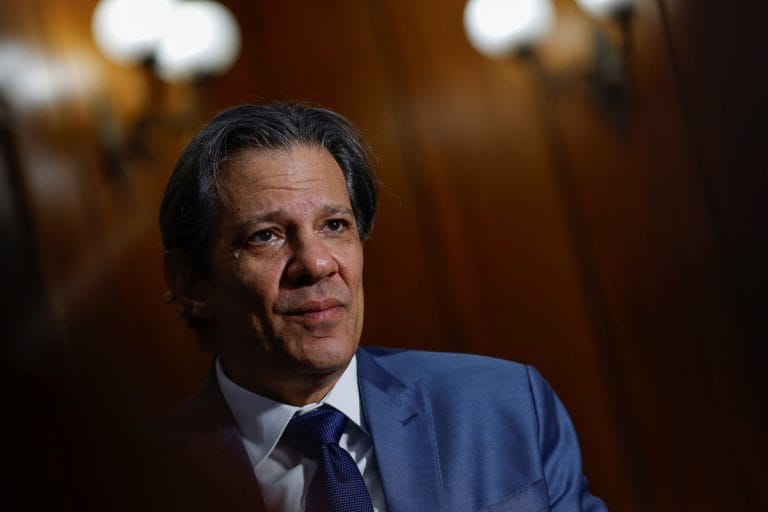🎧 Listen to This Article
President Luiz Inácio Lula da Silva has formally signed a historic overhaul of Brazil’s notoriously complex tax system, cementing a new dual-VAT structure to modernize the country’s fiscal framework. However, a last-minute twist could complicate the rollout: the consolidated rate will likely rise to 28%, above the 27.5% initially approved by Brazil’s lower house of Congress.
The reform replaces four longstanding federal, state, and municipal consumption taxes, PIS, Cofins, ICMS, and ISS, with two new levies:
- CBS (Contribuição sobre Bens e Serviços), a federal VAT set at 8.8%
- IBS (Imposto sobre Bens e Serviços), a state/municipal VAT set at 17.7%
According to the Ministry of Finance, the combined effective rate will reach 28%, though observers warn this could climb further as final exemptions and sector-specific rules are clarified.
Brazil Aligns with Global VAT Norms
With this reform, Brazil finally aligns its system with global VAT standards by transitioning from a fragmented, origin-based tax structure to a destination-based model, a key shift designed to reduce cascading taxation and improve internal market efficiency.
“This is a once-in-a-generation transformation,” said one senior Finance Ministry official. “It’s about cutting red tape and making Brazil more competitive.”
The legislation also introduces a new Selective Tax (IS), replacing the federal IPI excise tax and targeting goods and services considered harmful to health or the environment.
Gradual Implementation Over Seven Years
The new VAT structure will be phased between 2026 and 2033, starting with a modest 0.9% CBS and 0.1% IBS in 2026. The old regime will be progressively wound down:
- 2027: Elimination of PIS, Cofins, and IPI
- 2029: Reduction of ICMS and ISS
- 2033: Full implementation of final rates
Specific sectors, including public transport, health, education, and cultural services, will benefit from reduced or zero rates. Special regimes will apply to fuel, finance, and hospitality.
Politics, Compensation, and Concerns
The new law includes R$200 billion in compensation funds over several years to appease states losing tax autonomy and offset incentives previously offered under the ICMS regime. Still, political friction remains high.
Critics argue that the reforms could disproportionately affect the services sector, long shielded from heavier taxation. Service providers worry that a unified VAT will lead to higher practical tax burdens and reduced competitiveness.
There’s skepticism over whether taxpayers can pass the increased costs to consumers without inflationary consequences.
Legal and Administrative Uncertainty
Despite legislative approval, legal scholars warn that aspects of the new taxes, particularly the treatment of digital goods and financial services, remain constitutionally ambiguous. Brazil’s Supreme Court may determine whether the federal government can impose VAT on service transactions.
Moreover, a complex new federal-state coordination structure for India’s GST Council must be built to manage rate-setting, compliance, and revenue sharing. This is no small feat in a country where frequent and deep political tax disputes occur.
Outlook
Brazilian businesses broadly welcome the reform for its potential to simplify compliance and reduce litigation. However, as the implementation begins, technical and political challenges loom large.
“This is a good start,” said a São Paulo-based tax advisor. “But now comes the hard part: building trust and operational systems that can carry the weight of reform.”
For further details, clarification, contributions, or any concerns regarding this article, please get in touch with us at editorial@tax.news. We value your feedback and are committed to providing accurate and timely information. Please note that our privacy policy will handle all inquiries.



